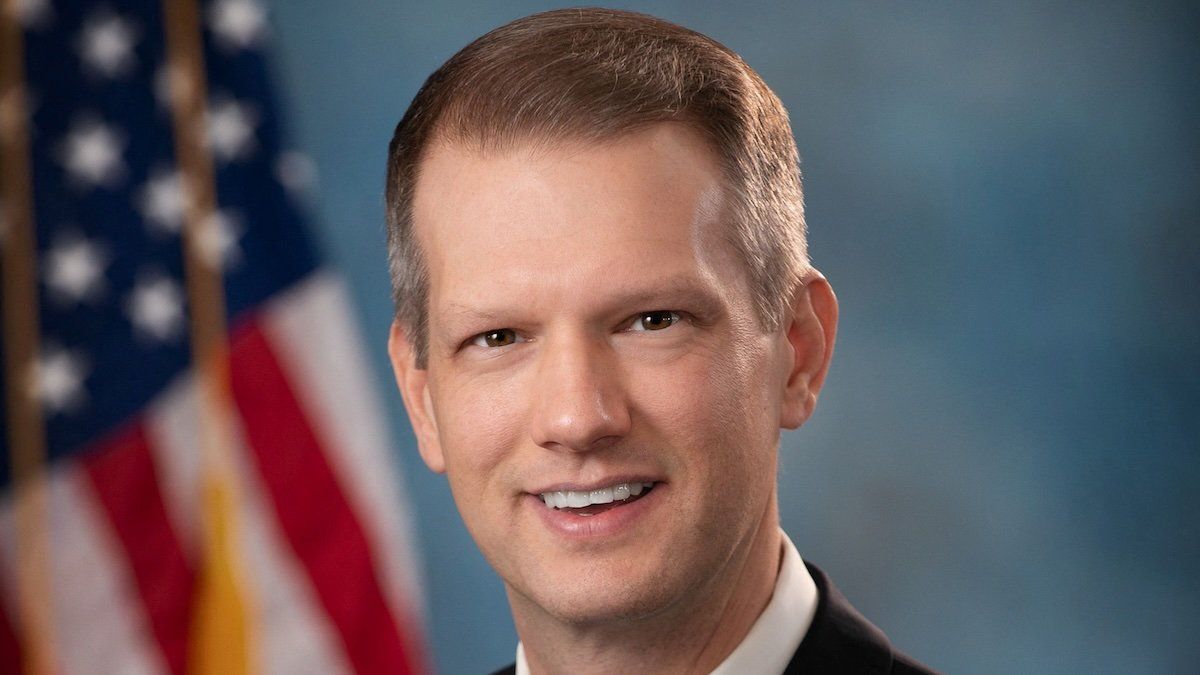Toronto-Dominion Bank, Citigroup, the Northern Trust Company, and HSBC face regulatory trouble in West Virginia after State Treasurer Riley Moore added the four banks to the state’s naughty list this week.
Moore wants the banks to change environmental, social, and governance policies that he says discriminate against fossil fuel companies, and if they won’t, they will not be allowed to provide banking services to the state.
“The $22 billion I do in a year in transactions, they will no longer be able to bid on any of those contracts,” Moore said.
In 2022, TD, under pressure from environmental activists, restricted its lending to certain coal projects, an unpopular move in the Mountain State, where about 13,000 people work mining coal. It did not immediately comment on the state’s decision. Citi challenged Moore, saying it is not boycotting energy companies.
Earlier this year, the Bank of Montreal changed the language around coal mining in its environmental, social, and governance policy after Moore threatened to add it to his blacklist. Moore then took it off his list.
The banks look to be in a no-win position. They can either do nothing and lose business or change their policies and face criticism from environmentalists.
